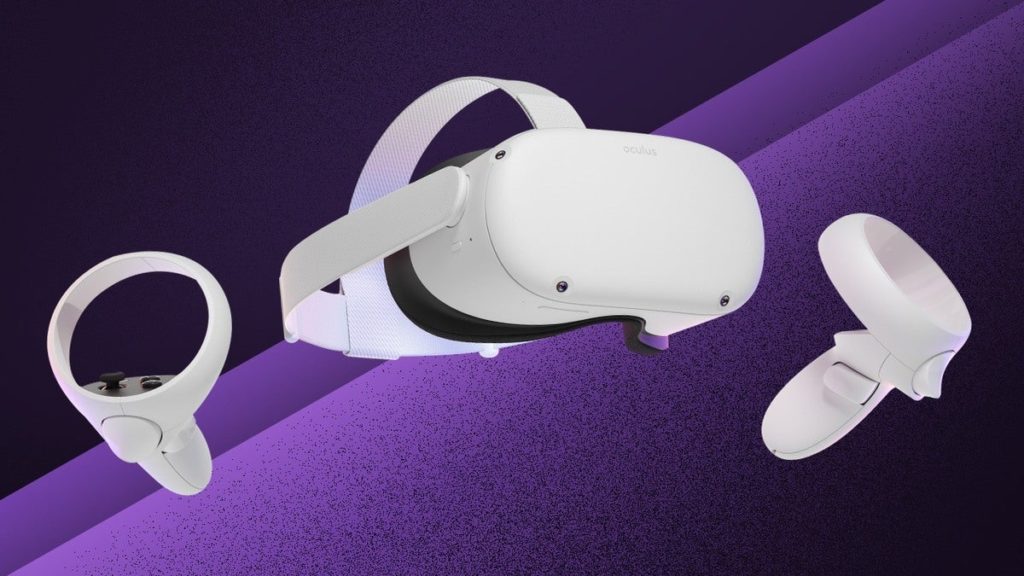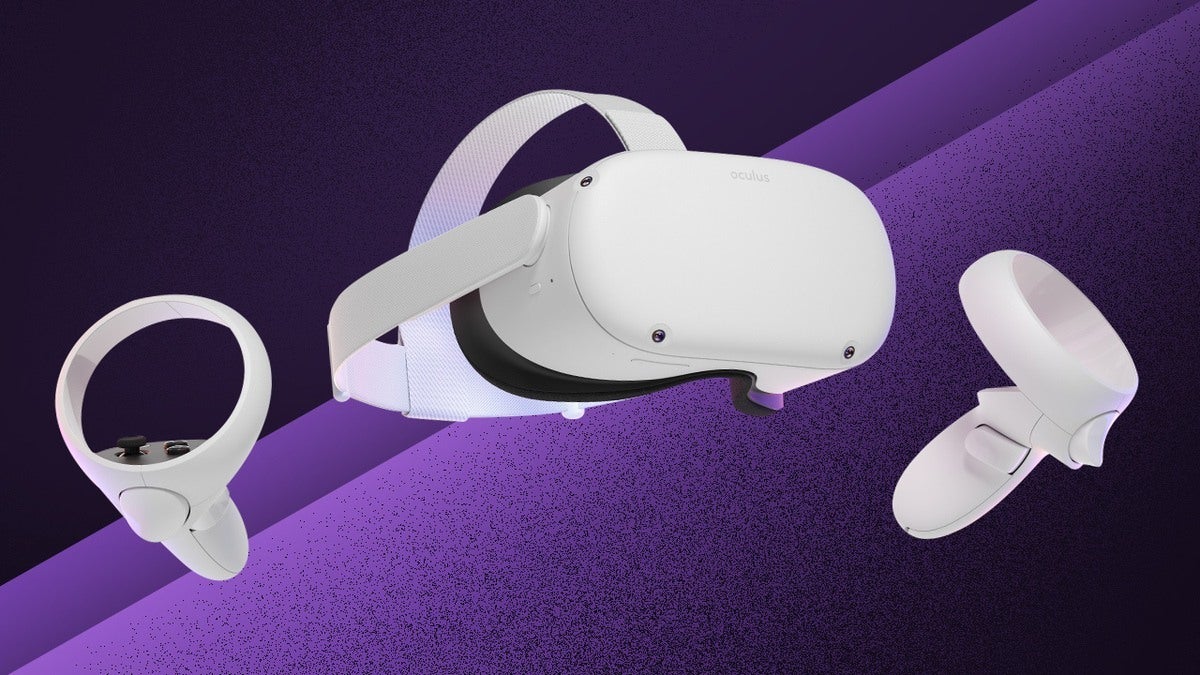
Advantages of using VR in business
Technology has radically changed the way that all industries work, with virtual reality at the forefront of this revolution. Businesses can create exciting virtual environments which are not only engaging and entertaining, but also offer savings in time and cost as well as reducing risks associated with real environments. VR creates meaningful experiences which create commercial benefits for sales and marketing, as well as educational benefits for training and development.
VR environments are being employed in a wide range of industries to transform many business processes including product demonstrations, virtual tours or test drives, and venue promotion.
How can Virtual Reality be Beneficial for Anxiety and its Related Symptoms?
Virtual reality has been seen to lessen the debilitating symptoms associated with anxiety and anxiety related disorders, which can in turn boost workplace productivity and overall employment satisfaction.
There are many clinical psychologists now exploring the use of VR technology for a range of mental health conditions including anxiety.
What is Anxiety?
Many people experience small symptoms of anxiety, which can include feeling of unease such as worry or fear. However, when these become severe, it makes day to day life extremely difficult, causing further physical symptoms of excessive sweating and a rapid heartbeat. When anxiety becomes severe, it is classified as an anxiety disorder which is a type of mental health condition.
Anxiety related issues are becoming increasingly common in the current population, with a reported 38 percent of UK adults experiencing high levels of anxiety in 2021 (Crew, 2021). There have been concerns that the recent pandemic may have fuelled the increasing levels of anxiety, which could be due to being segregated from social contact with others as well as enhancing fears and phobias. It has been shown that the use of VR can help decrease and lessen these feelings of anxiety in a multitude of situations.
How does Virtual Reality aid in Anxiety Treatments?
Virtual reality (VR) has been seen to aid in the treatments of anxiety disorders, as well as being more cost effective than standard anxiety treatments alone (Baghaei et al., 2021; Rothbaum & Hodges, 1999). Specifically, phobia treatments have been seen to benefit the most from advancements in VR due to the high immersive feeling of VR. Examples of effective specific phobia treatments include those who display a fear of flying as the immersive feel of VR allows for the patients to feel that they are on the plane, yet they are still in a safe space in the comfort of the therapy room. This in turn decreased the patients’ phobic symptoms relating to flying, altered their behaviour and increased the likelihood of the patients to fly on an airplane following treatment (Ferrand et al., 2015). Not only have they been seen to be effective at the time of treatments, but these positive effects are maintained over several years (Wiederhold et al., 2002). VR is also effective for acrophobia (fear of hights), arachnophobia (fear of spiders) and social anxiety disorder (Emmelkamp et al., 2020; Hur et al., 2021).


